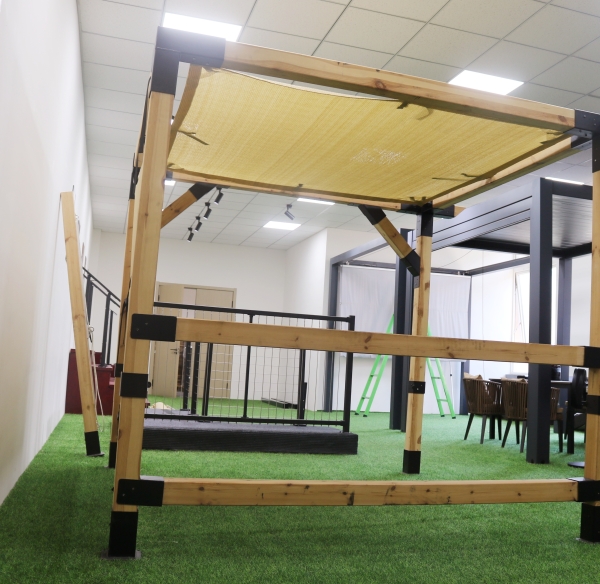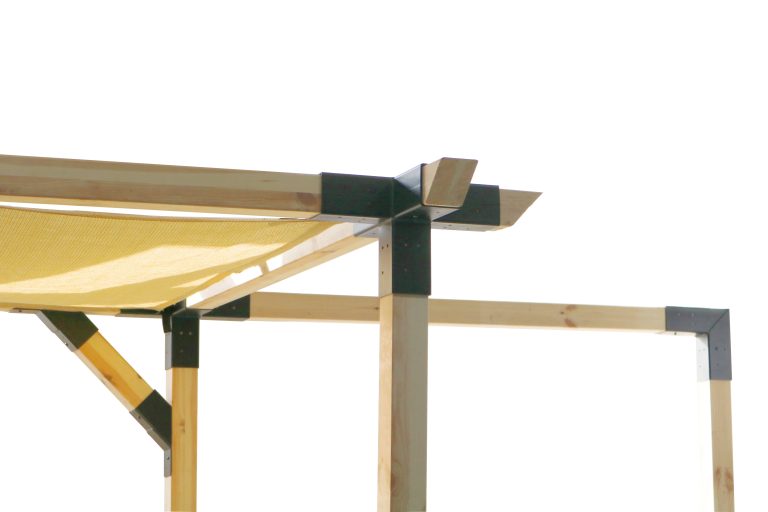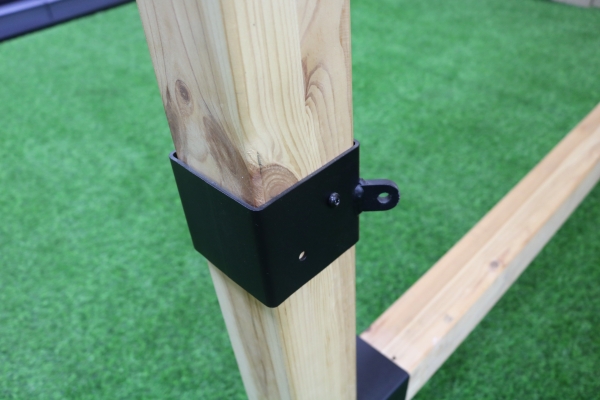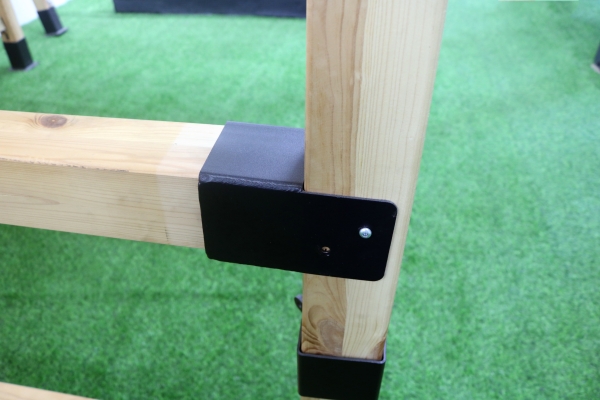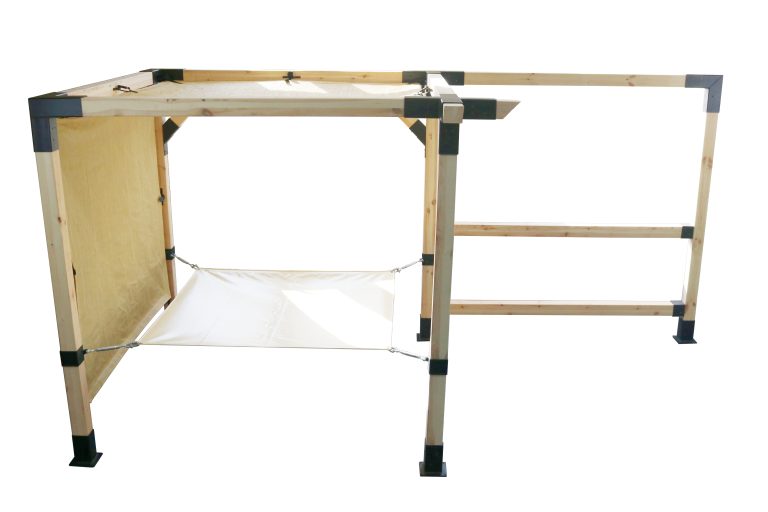Table of Contents
Popular Pergola Timber Names for Outdoor Structures
When it comes to building outdoor structures such as pergolas, choosing the right type of timber is crucial for ensuring durability and longevity. There are several popular timber names that are commonly used for constructing pergolas, each with its own unique characteristics and benefits. In this article, we will explore some of the most popular pergola timber names and discuss their properties and suitability for outdoor use.
One of the most popular timber names for pergolas is Western Red Cedar. Known for its natural beauty and durability, Western Red Cedar is a popular choice for outdoor structures due to its resistance to rot, decay, and insect infestation. This timber is also lightweight, making it easy to work with and ideal for constructing pergolas of various sizes and designs. Western Red Cedar is also known for its natural resistance to moisture, making it an excellent choice for outdoor structures that are exposed to the elements.
Another popular timber name for pergolas is Redwood. Redwood is a durable and long-lasting timber that is naturally resistant to decay and insect damage. It is also known for its beautiful color and grain patterns, making it a popular choice for outdoor structures such as pergolas. Redwood is also easy to work with and can be stained or painted to match the aesthetic of any outdoor space. Due to its natural resistance to decay, Redwood is a popular choice for pergolas that are exposed to moisture and humidity.
One timber name that is gaining popularity for pergolas is Douglas Fir. Douglas Fir is a strong and durable timber that is known for its stability and resistance to warping and twisting. It is also relatively affordable compared to other timber options, making it a popular choice for budget-conscious homeowners. Douglas Fir is also easy to work with and can be stained or painted to achieve the desired look for a pergola. Due to its strength and durability, Douglas Fir is a popular choice for pergolas that are designed to support heavy loads or withstand harsh weather conditions.
Cypress is another popular timber name for pergolas. Cypress is a durable and rot-resistant timber that is commonly used for outdoor structures due to its natural resistance to decay and insect damage. It is also known for its beautiful color and grain patterns, making it a popular choice for pergolas that are meant to enhance the aesthetic of an outdoor space. Cypress is also easy to work with and can be stained or painted to achieve the desired look for a pergola. Due to its natural resistance to decay, Cypress is a popular choice for pergolas that are exposed to moisture and humidity.
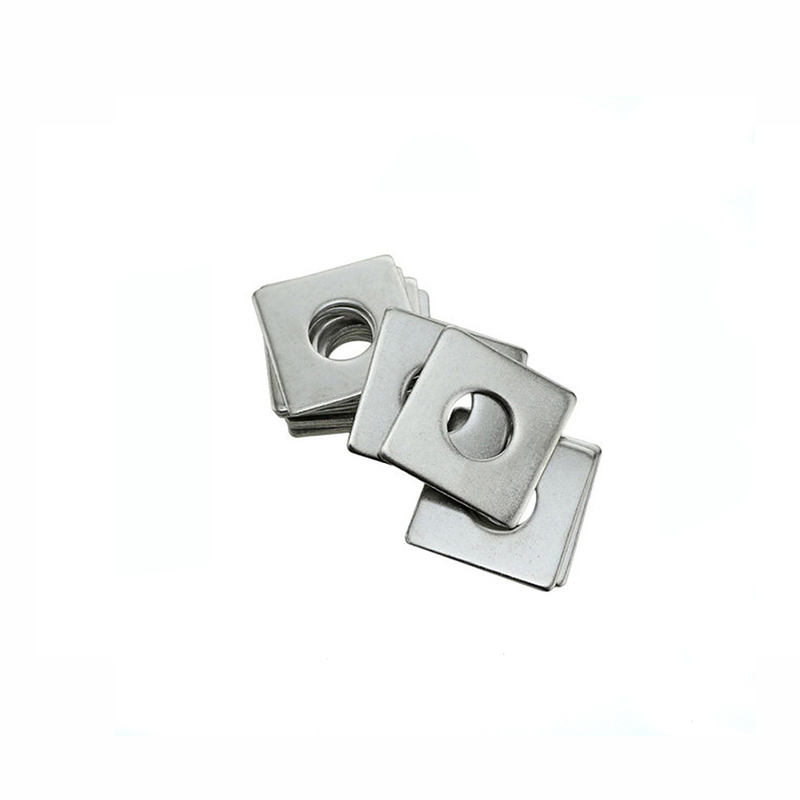
In conclusion, there are several popular timber names that are commonly used for constructing pergolas. Each timber has its own unique characteristics and benefits, making it important to choose the right type of timber based on the specific requirements of the outdoor structure. Whether you prefer the natural beauty of Western Red Cedar, the durability of Redwood, the affordability of Douglas Fir, or the rot-resistance of Cypress, there is a timber name that is suitable for your pergola project. By selecting the right timber for your pergola, you can ensure that your outdoor structure will stand the test of time and enhance the beauty of your outdoor space for years to come.
Choosing the Best Timber for Your Pergola: A Guide to Different Wood Types
When it comes to building a pergola, one of the most important decisions you will need to make is choosing the right type of timber. The type of timber you choose will not only affect the overall look and feel of your pergola but also its durability and longevity. There are many different types of timber available, each with its own unique characteristics and properties. In this guide, we will explore some of the most popular timber options for pergolas and discuss the pros and cons of each.
One of the most popular timber choices for pergolas is cedar. Cedar is a durable and long-lasting timber that is naturally resistant to rot and decay. It is also lightweight and easy to work with, making it a popular choice for DIY pergola projects. Cedar has a beautiful natural color and grain pattern that can add warmth and character to your outdoor space. However, cedar can be more expensive than other types of timber, so it may not be the best choice for those on a tight budget.
Another popular timber option for pergolas is redwood. Redwood is a strong and durable timber that is also naturally resistant to rot and decay. It has a rich, reddish-brown color that can add a touch of elegance to your pergola. Redwood is also relatively lightweight and easy to work with, making it a good choice for DIY projects. However, like cedar, redwood can be more expensive than other types of timber.
If you are looking for a more affordable timber option, pressure-treated pine may be a good choice for your pergola. Pressure-treated pine is a cost-effective timber that has been treated with chemicals to make it resistant to rot and decay. While pressure-treated pine is not as durable or long-lasting as cedar or redwood, it is still a popular choice for pergolas due to its affordability. Pressure-treated pine can also be stained or painted to achieve the desired look.
For those looking for a more exotic timber option, teak may be the perfect choice for your pergola. Teak is a tropical hardwood that is known for its durability and resistance to rot and decay. It has a beautiful golden-brown color that can add a touch of luxury to your outdoor space. Teak is also extremely strong and durable, making it a great choice for pergolas in harsh weather conditions. However, teak is one of the most expensive timber options available, so it may not be suitable for those on a tight budget.
In conclusion, there are many different timber options available for pergolas, each with its own unique characteristics and properties. Cedar and redwood are popular choices for their durability and natural resistance to rot and decay, while pressure-treated pine offers a more affordable option. Teak is a luxurious choice for those looking for a more exotic timber option. When choosing the best timber for your pergola, consider your budget, the desired look and feel of your outdoor space, and the climate in which you live. By carefully considering these factors, you can choose the perfect timber for your pergola that will enhance your outdoor living space for years to come.

